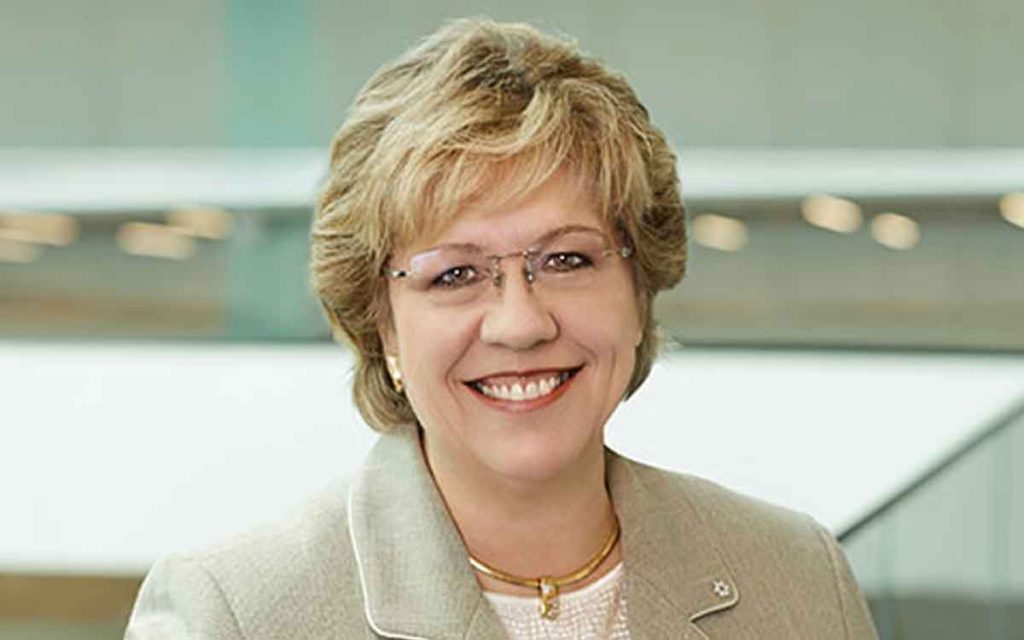
Something quite remarkable happened at Queen’s Park this past week.
When the Toronto Sun’s Brian Lilley asked Premier Doug Ford when youth sports might start up again, the Premier said “I’ve got to get the green light from Dr. Williams and the local medical officers of health.”
If you’ve followed the COVID story this past year, you will know Dr. David Williams, Ontario’s chief medical officer. He has become a controversial figure as lockdowns have been imposed and re-imposed.
That he is part of the government’s decision process is not a surprise. Agree with him or not, he should be. That’s his job, to advise government on public health matters.
The problem is, he should not make the decision. That’s the job of an elected official, in this case, Premier Ford.
But as Lilley noted in his column, things got worse when he asked Ford about who was responsible.
“I’m going to be very frank. There’s no politician in this country that is going to disagree with their chief medical officer. They just aren’t going to do it. They might as well throw a rope around their neck and jump off a bridge. They’re done,” Ford said.
Give the Premier brownie points for honesty. These days a politician likely would be publicly eviscerated if he or she were to openly disagree with the public health officer.
And under current legislation, again as Lilley notes, a local medical officer of health has the authority to directly contradict a provincial rule.
One could argue that an uninformed politician, anxious to be re-elected, might be tempted to err on the side of political popularity rather than make a tougher, but potentially safer public health choice.
Therefore, a public health officer should be free from politics to make decisions based on sound public health evidence. This works well when a municipal water source is contaminated, a local restaurant has rats or public health education is needed for birth control or flu vaccines.
But COVID-19 is a long-lasting pandemic that has required decisions with much longer lasting and wider social and economic impacts than the usual community public health issue.
On-again-off-again lockdowns have devastated whole sectors of the economy, impacted people’s jobs, their mental health, family violence, children’s education, patients waiting desperately for cancer treatment, women’s ability to stay in the workforce – the list goes on and on.
Not to mention that expert advice on what to do has rarely been unanimous because there is so much we still do not know. First it was border closures don’t work before borders were closed. Then it was masks are not helpful until mandatory mask rules were put in place. The debate around school closures is still going on in many jurisdictions and just this past week, the American public health guru, Dr. Anthony Fauci said social distancing in schools only needs to be three feet now, not six.
As has been observed in this space before, this is not a matter of government making right or wrong decisions, it is a matter of having to make less wrong choices – choices based on the best available evidence at the time, judgement calls based on weighing the risks of opening up or shutting down, balancing the needs of children to be in school, businesses to continue to provide goods and services, people to be employed, non-COVID patients to obtain treatment.
And these decisions need to be made by our elected officials, the people who are accountable to us, the voters, not by bureaucrats in the shadows.

Janet Ecker is a former Ontario Finance Minister, Minister of Education, Minister of Community and Social Services and Government House Leader in the governments of Premier Mike Harris and Premier Ernie Eves. After her political career, she served as the founding CEO of the Toronto Financial Services Alliance, a public-private partnership dedicated to building Toronto region into an international financial centre. She currently sits on a number of corporate and non-profit boards, agencies and advisory committees.
Ms. Ecker received the Order of Canada for her public service contributions and was recognized as one of the “Most Influential People in the World’s Financial Centres” by Financial Centres International. She also received a “Canada’s Most Powerful Women: Top 100 Award” from the Women’s Executive Network and the Richard Ivey School of Business, among other awards. She is also one of the founders of Equal Voice, a national, multi-partisan organization working to elect more women.




















